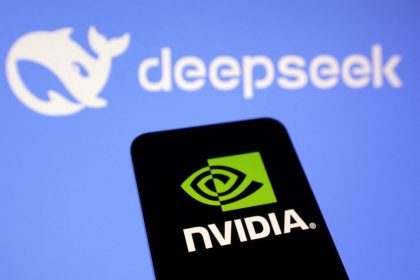Self-driving car company Pony.ai and Toyota have announced that they will be working together to create a new series of “completely driverless robotaxis.” These advanced self-driving robots are designed to work without a human driver, and this is the first time such technology has been developed by these companies.
According to Hoshio, these two companies plan to start their cooperation this year with about 139 million dollars of capital from GAC Toyota Motor Company. GAC Toyota Motor is a joint venture established by Toyota China and a Chinese state-owned automobile manufacturer named GAC.
This investment takes place after Toyota’s action of injecting about 400 million dollars of capital into Pony in 2020. In addition, Toyota has agreed to provide some of its electric vehicles to Pony, which will then equip them with battery and self-driving technology. These modified cars are then used by Toyota in the company’s robotaxi network.
While $139 million may sound like a significant amount, it’s actually not that much for Pony.ai, as the company has raised more than $1 billion for its cutting-edge self-driving car technology since it was founded in 2016. Despite the significant budget that Pony.ai has, it has faced obstacles and problems as it strives to revolutionize transportation with self-driving cars.
In 2021, Pony began testing its driverless car in California, but after six months, its license was suspended. That same year, Pony revamped its R&D team and let go several executives, as the company appeared to scale back its ambitions to develop self-driving transportation technology. The following year, Pony stopped using its software for self-driving cars and sued two former employees for allegedly misappropriating trade secrets. They accused these employees of stealing trade secrets and launching their startup called Qingtian Truck. Around the same time, however, Poni claimed his stake was worth $8.5 billion.
Pony isn’t the only company working on the self-driving car industry. The self-driving car industry was very popular among investors in the past, but gradually saw the failure and disappearance of many startups, especially in the United States. The remaining companies are a small group of well-capitalized companies that are either owned by larger companies or are publicly traded. Despite the slower-than-expected progress, these companies are gradually trying to expand their business.

RCO NEWS
















